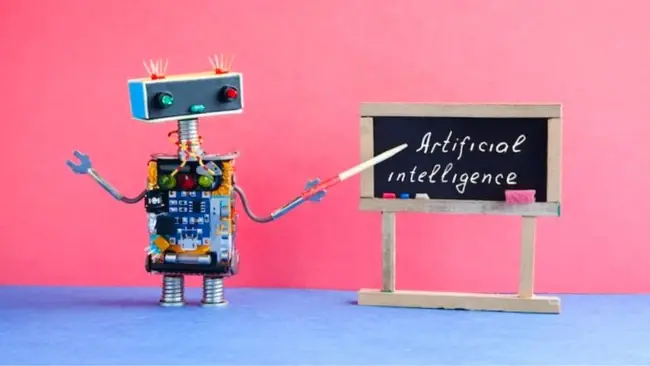Reinforcement learning (RL) is on the rise. The Google Brain team has developed a Tensorflow-based framework that aims to provide “flexibility, stability, and reproducibility,” according to their blog post.

What is reinforcement learning?
Reinforcement learning is a branch of machine learning in which computer programmes operate with reward-motivated behaviour. Agents learn from an environment by interacting with it and maximising the notion of a cumulative reward. Humans learn through interaction. RL is a computational approach, and aims to imitate the natural process of human learning. Some of the most innovative AI projects rely on RL. One of the best-known working examples comes from DeepMind, a University College London startup that Google acquired back in 2014. DeepMind's RL campaign includes DQN, a programme designed to play games at a super-human level. The introduction of replay memories in DQN allowed the agent to leverage the experience of previous machines. According to Google, most existing RL models fail to provide a combination of flexibility and stability. If combined, these elements enable researchers to iterate on RL methods effectively, and "explore new research directions that may not have immediately obvious benefits."
The RL challenge
Google stated that developing RL frameworks often requires "quickly iterating over a design - often with no clear direction." As a result, this can disrupt the structure of established methods. The flaws in this methodology can potentially hinder the development process. Google researchers Pablo Samuel Castro and Marc Bellemare highlighted this issue in Google's blog post. "Reproducing the results from existing frameworks is often too time consuming," according to Castro and Bellemare. They insisted that this "can lead to scientific reproducibility issues down the line."
Does Google have the answer?
Perhaps. Google's Tensorflow-based framework intends to address the issue of inflexible, unstable reinforcement learning. According to Google, the framework is inspired by "one of the components in reward-motivated behaviour." It is also based on the "strong historical connection between neuroscience and reinforcement learning research." Castro and Bellemare said "our hope is that our framework’s flexibility and ease of use will empower researchers to try out new ideas, both incremental and radical." At present, Google are actively using the framework for their own research. The model can be accessed on its machine learning library, GitHub. Our constant progress and innovations in the AI sector are not only shaping our world in an entirely different way, but moving people into different directions and philosophies regarding work, lifestyle and industry environments.
Interested in the future of AI? Listen to our podcasts to get the latest updates from the industry.







Comments ( 0 )